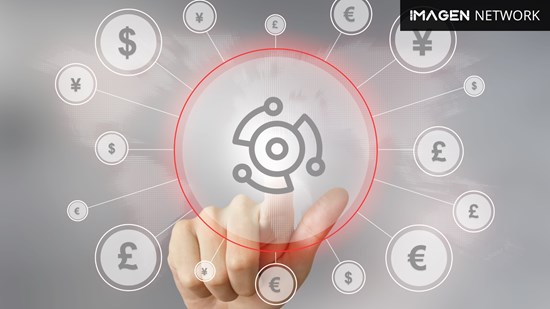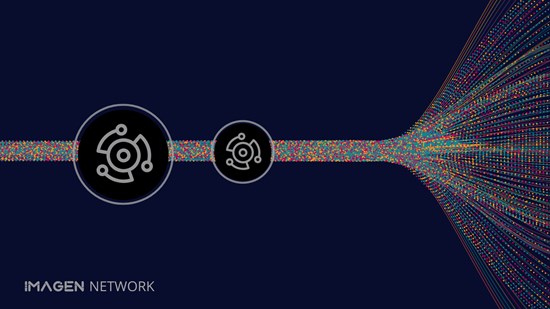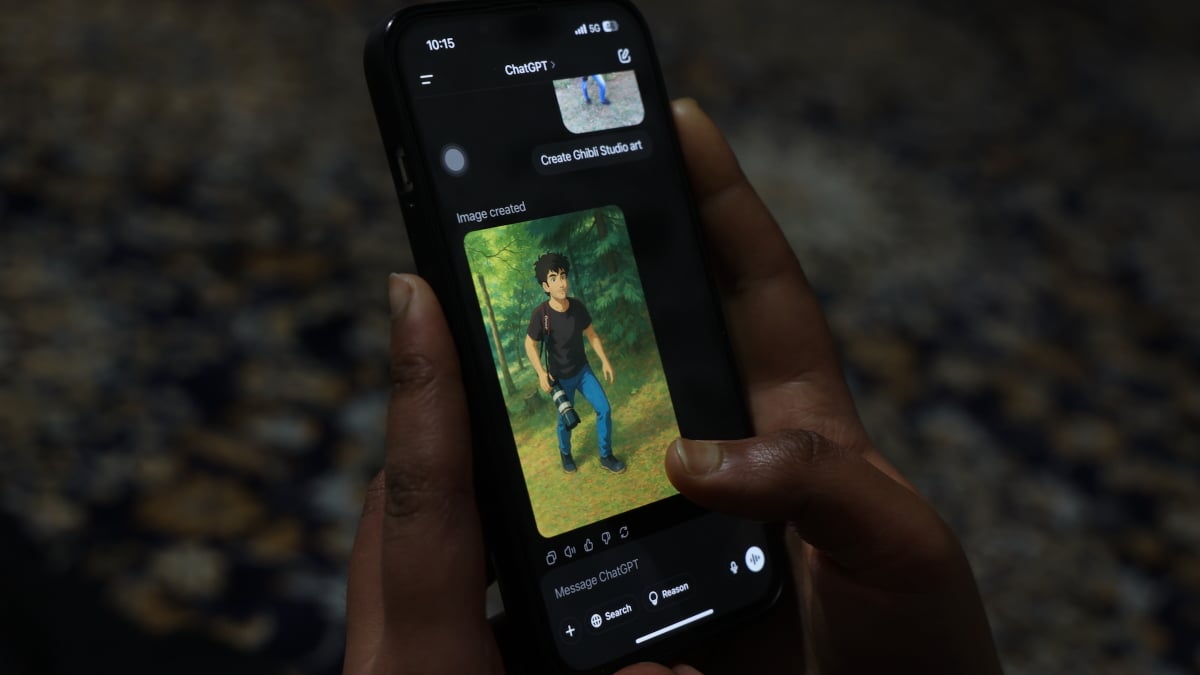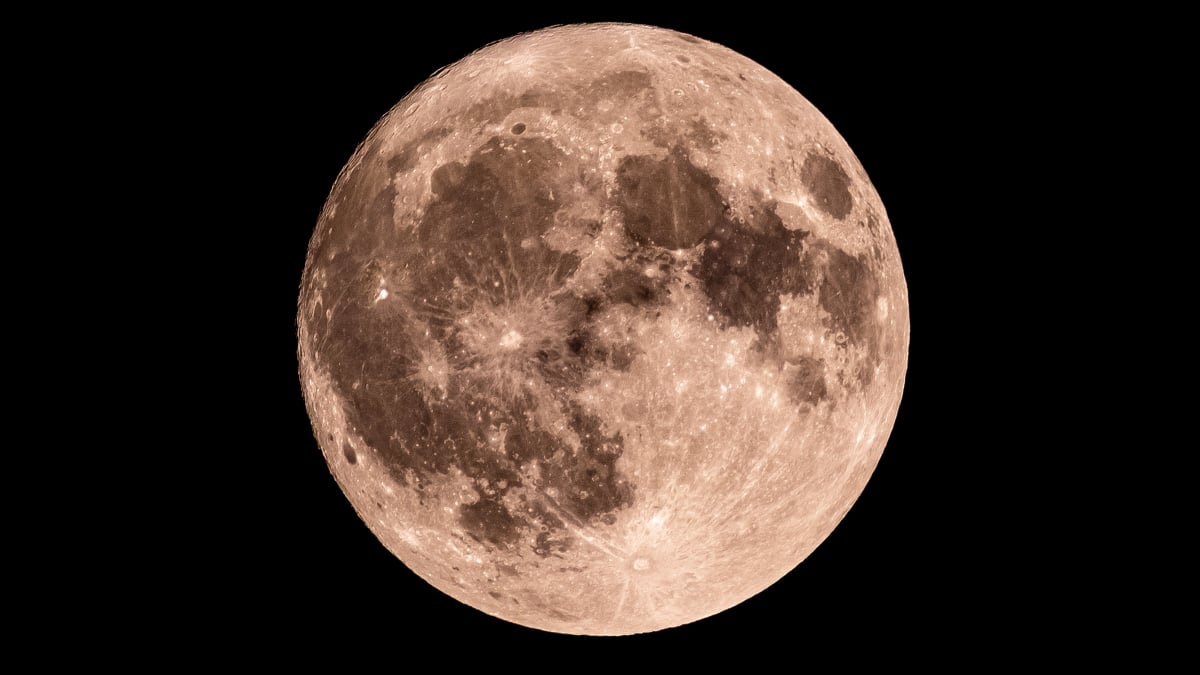The U.S. Copyright Office is in the midst of a consequential investigation into copyright law and artificial intelligence, and in a recent interview, a lawyer with the Office said it is already registering works enhanced by AI.
In an April article in WIPO Magazine, Assistant General Counsel Jalyce Mangum said that the “Office has registered more than a thousand works where applicants have followed our guidance to disclose and disclaim AI-generated material.” Crucially, Mangum said the office considers “whether AI is enhancing human expression or is the source of the expressive choices.”
A January 2025 report from the Office stated that hundreds of AI-enhanced works had been registered, a spokesperson for the U.S. Copyright Office told Mashable. Now, we know that more than 1,000 such works have been registered.
Mashable Light Speed
Many artists have taken a hard line against artificial intelligence, protesting its use in any creative endeavor. Mashable has reported on the backlash to the use of AI in films like The Brutalist and Late Night With the Devil, a recent resurrection project that uses the likeness of Agatha Christie, the restoration of The Wizard of Oz for The Sphere, and the controversial Studio Ghibli image trend that utilized ChatGPT.
Previously, the Office determined that material generated by AI tools is eligible for copyright protection only if it’s contained in work primarily made by a human. As Mashable reported, that means images generated by tools like DALL-E, ChatGPT, or Midjourney cannot be copyrighted, no matter how much work went into fine-tuning the prompt. The U.S. Copyright Office’s full guidance on AI-assisted material is available on its website, a representative told us.
That guidance was included in the second part of a report from the Office on copyright and artificial intelligence. (Part 3, set to be released later this year, will have huge implications for how AI models are trained.) “In Part 2 of our report, the Office affirmed that copyright does not extend to purely AI-generated material or material where there is insufficient human control over the expressive elements,” Mangum said in the WIPO article.
However, material that was merely “enhanced” by AI is currently eligible for copyright registration. Part 2 of the report also mentions specific use cases such as “crowd removal from photos, video stabilization tools, and ray tracing.”
Topics
Artificial Intelligence









